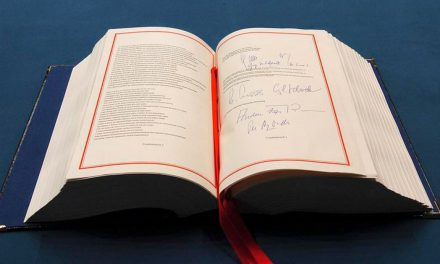The Treaty of Lisbon introduced a specific legal basis for humanitarian aid. In fact, the new Article 214 TFEU provides for the creation of a European Voluntary Humanitarian Aid Corps to provide “a framework for joint contributions from young Europeans to the humanitarian aid operations of the Union.” The European Commission adopted, last year, a Communication entitled “How to express EU citizen's solidarity through volunteering: First reflections on a European Voluntary Humanitarian Aid Corps”, where it has considered different options such as a "EU certification mechanism" for organisations who respect Brussels standards for the selection and training of volunteers or setting up “a fully-fledged volunteer scheme including selection, training, matching and deployment of volunteers." The Commission intends to set up the European Voluntary Humanitarian Aid Corps, implementing, therefore, the Lisbon Treaty provision abovementioned.
In the meantime, the Commission has taken another step towards the set-up of a network of European humanitarian aid volunteers. On 17 June, the European Commission and the Hungarian Presidency of the EU launched the pilot phase of the European Volunteers Corps. The European Commission has now started selecting and training and by the end of the year will start deploying the first team of European humanitarian volunteers, who will work in third countries through three pilot projects, which will cost €1,250,000.
Then, in 2012, the Commission is planning to put forward a legislative proposal, formaly creating the European Voluntary Humanitarian Aid Corps. The structure, rules and procedures for the operations of the European Voluntary Humanitarian Aid Corps will be determined by the Council acting by a QMV together with the European Parliament through the ordinary legislative procedure.
The EU should not set up such European Voluntary Humanitarian Aid Corps as humanitarian response should be left for trained professionals. There is no need for another EU agency, particularly not one for humanitarian aid, since this is already provided by well-established non-governmental organisations and the United Nations. The EU will duplicate the work of theses agencies and organisations.

